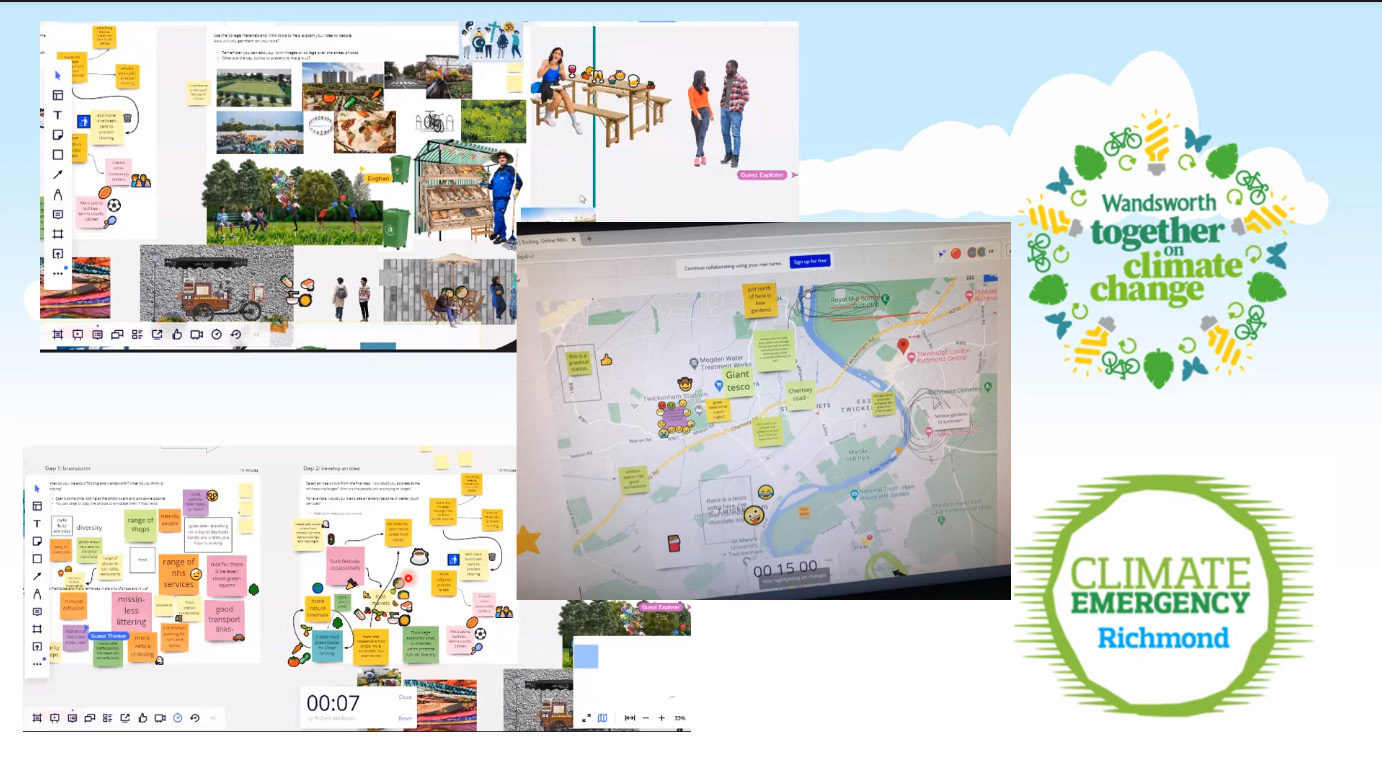 Becky Howarth is Transport Strategy Programme Co-ordinator in the Environment and Community Services Directorate serving Richmond and Wandsworth Councils
Becky Howarth is Transport Strategy Programme Co-ordinator in the Environment and Community Services Directorate serving Richmond and Wandsworth Councils
How can we make our workforce more representative of the borough we serve? This was the starting question which sparked a team of 40 planning and engineering officers at Wandsworth and Richmond Councils to facilitate a pilot work experience programme earlier this year.
When three of us in the department’s equality and diversity working group were given this question, it was hard to know where to start. Do we do a piece of work focused on existing professionals, graduates, high school leavers or primary school children? What would have the most impact? In the end, we settled on Year 12 students – students who were at the cusp of choosing university subjects or other post-school education routes. We decided to offer the work experience opportunity to the three schools in each borough with the highest percentages of BAME students.
The programme we devised was a five-day virtual work experience programme that aimed to give the students opportunities to develop and demonstrate a variety of skills that planners and engineers employ in their everyday life. We wanted the students to come out of the week with a flavour of the industry and have experience to draw upon should they apply for a job or course in the field.
Diversity of opportunities
21 students applied to the programme and chose one of four specialisms. We recruited officers to be a mentor for each specialism and these mentors guided students through an individual task they had designed for their specialism and later a group task. The week was broken up by speed networking events, presentations on schemes, CV writing workshops, a local plan workshop and evaluation activities. We were really pleased to welcome RTPI President Wei Yang to join the judging panel for the presentations on the final day.

Reflecting on our approach to the question of representation, a strength of the programme was the diversity of opportunities we built into the timetable. This diversity meant we attracted a much wider pool of officers than would have happened if we had allocated one student to one officer for the whole week. It also provided a range of opportunities for the students to show their different personalities and skill sets.
Next steps
When we ended the programme it did beg the question though: What next? Is there an apprentice vacancy or traineeship we can encourage students to apply to? How can our department take advantage of the Chartered Town Planner degree apprenticeship and the new Town Planning Assistant apprenticeship? These are questions we have taken back to the working group and are currently considering.
If reading this you are similarly developing alternative or more supported routes into the planning profession, then it would be great to get in touch so we can support each other with these steps. In the meantime, we are already looking forward to rolling our work experience programme out again next year – fingers crossed we’ll even be able to incorporate some real-life site visits!


